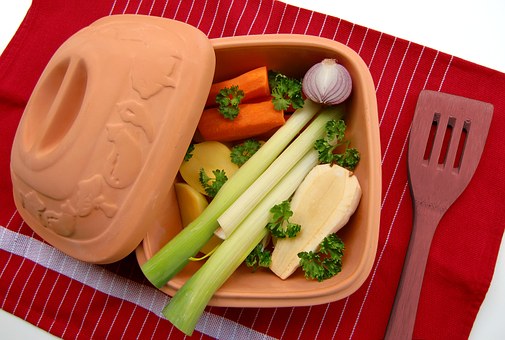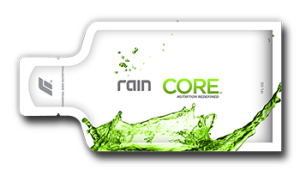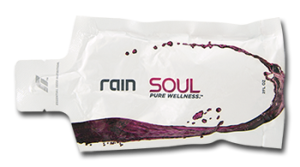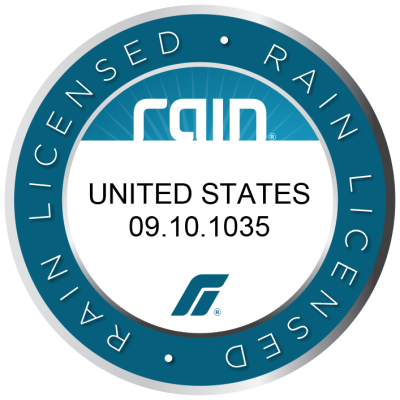The Difference Between Vegan and Vegetarian?
There is a lot of buzz out there about different meat-free diets. What do all of them mean and what’s the real difference between these diets? So what is a Vegan diet? And what do they eat? How about a Vegetarian diet? Do they eat differently?
Difference between vegan and vegetarian and pescatarian
Vegetarianism
Vegetarianism is the practice of abstaining from the consumption of meat. Including red meat, poultry, seafood and the flesh of any other animal. It may also include abstention from by-products of animal slaughter. Vegetarianism is adopted for different reasons. Many object to eating meat out of respect for sentient life. Such ethical motivations have been codified under various religious beliefs. Furthermore with the concept of animal rights. Some other motivations are health-related, political, environmental, cultural, aesthetic or economic.
What does a vegetarian eat?
There are varieties of the diet as well. An ovo-vegetarian diet includes eggs but not dairy products. A lacto-vegetarian diet includes dairy products but not eggs. An ovo-lacto vegetarian diet includes both eggs and dairy products.
Various packaged or processed foods often contain unfamiliar animal ingredients. Including cake, cookies, candies, chocolate, yogurt, and marshmallows. They may be a special concern for vegetarians due to the likelihood of such additions. Vegetarians vary in their feelings regarding these ingredients. For example, while some vegetarians may be unaware of animal-derived role in the usual production of cheese. They may therefore unknowingly consume the product other vegetarians may not take issue with its consumption.
Semi-Vegetarianism
Semi-vegetarian diets consist largely of vegetarian foods. Some may include fish or poultry, or sometimes other meats, on an infrequent basis. Those with diets containing fish or poultry may define meat only as mammalian flesh and may identify with vegetarianism. A pescetarian diet has been described as fish but no other meat. The common use association between such diets and vegetarianism has led vegetarian groups such as the Vegetarian Society to state that diets containing these ingredients are not vegetarian, due to fish and birds being animals.
Veganism
Veganism is the practice of abstaining from the use of animal products. In diet, as well as following an associated philosophy that rejects the commodity status of sentient animals. Animal products include meat, poultry, seafood, eggs, dairy products, honey, fur, leather, wool, and silk. Less well-known animal products are beeswax, bone char and bone china. Along with carmine, casein, cochineal, gelatin, isinglass, lanolin, lard, rennet, shellac, tallow, whey and yellow grease. Many of these items may not be identified in the list of ingredients in the finished product. A follower of veganism is known as a vegan.
 What does a vegan eat?
What does a vegan eat?
Dietary vegans (or strict vegetarians) refrain from consuming animal products. Not only meat but, in contrast to ovo-lacto vegetarians, also eggs, dairy products, and other animal-derived substances. The term ethical vegan is applied to those who follow a vegan diet. And also extend the vegan philosophy into other areas of their lives. And also oppose the use of animals or animal products for any purpose. Another term used is environmental veganism. This refers to the avoidance of animal products on the premise that the harvesting or industrial farming of animals is environmentally damaging and unsustainable.
Summary Of Difference Between Vegan And Vegetarian
As you see, it is not as cut and dry as we would like to believe. Especially relevant, as in any diet there are different options, beliefs, and ideas. None of them are wrong or right. You have to go with what you believe.
But if you are considering one of the diets above please consult with a doctor first. Most of all, it is very important to get the nutrients you need and that can be a challenge in the beginning to find the balance.
If you enjoyed the Difference Between Vegan And Vegetarian click here for more great health articles!
Happy Eating!







